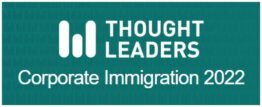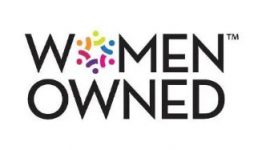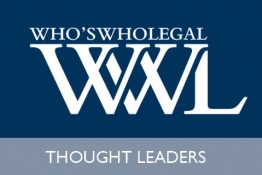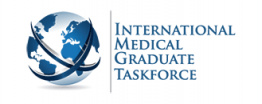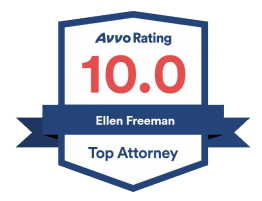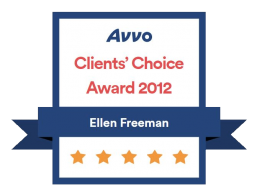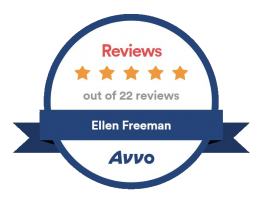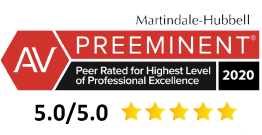At the self-driving firm Argo AI, at least 10 percent of the staff work under visas or hold a green card.
The workforce at Downtown’s SDLC Partners, an information technology consultant, is made up of about 28 percent foreign nationals. According to Katherine Huber, vice president of human resources, that figure makes the company Pittsburgh’s largest sponsor of foreign workers.
Duolingo hasn’t had success finding the engineers, product managers and product designers that it needs here because those skill sets are in short supply around the world, said Christine Raetsch, head of people at the East Liberty-based language learning company.
During a Thursday panel at the Marriott City Center, Downtown, a panel of tech companies — also including self-driving firm Aurora Innovation — professed their need for workers from outside the U.S.
“There just aren’t enough of the right people to do [much] of the work that we’re all building here,” said Audrey Russo, president of the Pittsburgh Technology Council, which hosted the event.
“And as a result, it’s highly competitive, and as a result, we don’t exclude people who should be on our teams and who should be part of the work that we’re doing, which includes people who are not born in the United States.”
But local tech companies are concerned that proposed new policies around the legal immigration process, particularly with respect to H-1B visas, could hamper their growth, according to the panelists.
Most commonly, white collar professionals from outside the U.S. legally work at companies through a particular kind of visa, the H-1B, which only admits those in specialty occupations such as software developers or financial analysts.
Ms. Russo estimated that between 3 and 5 percent of Pittsburgh’s workforce is composed of foreign hires. She said those are among the highest wage earners of all workers here.
The average wage offer for an H-1B visa holder in Pittsburgh was $77,833 in 2016, according to data from the U.S. Department of Labor. That year, 7,125 visas were granted. That’s a slight downturn from the 7,324 workers that were granted H-1B visas in Pittsburgh in 2015.
Employers can sponsor prospective employees through H-1B visas, but it’s become a relatively time-consuming and arduous process, said Ellen Freeman, an immigration lawyer at Porter Wright Morris & Arthur LLP, Downtown.
Plus, the demand for foreign workers — in the tech sector and beyond — far outpaces the supply of visas, which is capped at 65,000 with an additional 20,000 workers who may be exempted if they hold master’s or Ph.D. degrees.
Ms. Freeman noted that the total U.S. demand for H-1B visas, annually, is close to 200,000, but only 85,000 people are admitted each year through that system’s random lottery process. It can be pretty stressful for not only the employers, but also the applicants, she said.
New rules proposed by the U.S. Citizenship and Immigration Services and the Department of Homeland Security, could make it even harder for tech companies to hire the workers they need.
Congress has historically set up the H-1B visa lottery into two pools.
One is for the foreign workers with master’s degrees or higher — those who qualify for the 20,000 advanced degree exemptions. Those H-1B visa applications are evaluated in tandem with the other pool, which is allotted 65,000 regular H-1B visas.
The new rules, proposed in December and effective April 1, will put all applicants into one pool.
That means only after the 65,000 regular H-1B visas are awarded (which could, in theory, include those with a master’s or Ph.D. degree) will immigration services award visas to workers who fall under the advanced degree exemption.
The administration’s stated goal is to increase the number of H-1B visa holders with advanced degrees. But making that pool of professionals wait longer to hear if their visas have been approved could be a disincentive for foreign workers looking at U.S.-based jobs, Ms. Freeman said.
Following a visit to the U.S.-Mexico border in mid-January, President Donald Trump alluded to additional possible changes in a tweet.
H1-B holders in the United States can rest assured that changes are soon coming which will bring both simplicity and certainty to your stay, including a potential path to citizenship. We want to encourage talented and highly skilled people to pursue career options in the U.S.
— Donald J. Trump (@realDonaldTrump) January 11, 2019
“H-1B holders in the United States can rest assured that changes are soon coming which will bring both simplicity and certainty to your stay, including a potential path to citizenship,” he wrote. “We want to encourage talented and highly skilled people to pursue career options in the U.S.”
To date, his April 2017 “Buy American and Hire American” policy has made it more difficult for employers to hire foreign workers, Ms. Freeman said.
That executive order was meant to crack down on abuse of the legal immigration system, according to the administration. Under that policy, visas are awarded only to the “most-skilled or highest-paid petition beneficiaries.”
“We call it an invisible wall, that the Trump administration really built a wall around legal immigration,” said Ms. Freeman.
The National Foundation for American Policy, an Arlington, Va.-based nonprofit focused on immigration and international trade, found the rate of H-1B visa denials rose in the fourth quarter of 2017 — just a few months after the Trump administration’s new policy went into effect.
Total denials increased by 41 percent — 22.4 percent of applications were denied in the fourth quarter, up from 15.9 percent of applications during the previous quarter.
Ms. Freeman said that, because immigration laws change so frequently, it’s best if companies are completely transparent with the foreign applicants they’re working to hire. That can reduce anxiety for those potential workers, she said.
More frequently, foreign applicants are getting their own lawyers, in addition to the immigration lawyers their prospective company is already working with.“They now recognize that they need to get their own advice,” Ms. Freeman said.
One of her clients, who eventually moved on to work for Apple, had three immigration lawyers at once.
There are at least 8,000 open positions in Pittsburgh for specialty roles, Ms. Freeman said.
Ms. Russo of the Pittsburgh Technology Council said she hopes to see small businesses and university graduates given preference in the H-1B visa lottery. That’ll take bipartisan support, she said.
And Pittsburgh can’t hope to maintain its growing clout as a technology hub without those foreign workers, Ms. Russo said.
“We will not be taken seriously, no matter which way the economy shifts, if we don’t address this.”
Source: Post Gazzette – Courtney Linder [email protected] or 412-263-1707. Twitter: @LinderPG.

